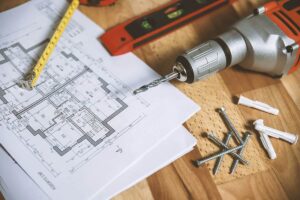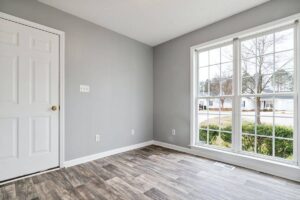Don’t be convinced by the home remodeling tv shows and online videos. They might make you believe that home remodeling is easy breezy. Quite opposite, it is a complex. Many pitfalls lurk behind those beautiful and easy-to-make-looking projects on the various shows. Home remodeling projects take a lot of time, effort, and money to complete. It is not a one-weekend job as could be construed from the tv shows. Additionally, not all contractors are qualified and experienced enough to perform your home remodeling. Some of them may not have the know-how to ensure your home remodel is up to code, the quality materials to buy, etc. Therefore, the project may end up being more expensive than originally anticipated. To avoid all this headache, read through this post and understand the home remodeling do’s and don’ts that are most important.
Don’t do major stuff yourself. Probably one of the most important home remodeling do’s and don’ts
One of the most important home remodeling do’s and don’ts is to avoid doing major work yourself. Many people mistakenly believe that they can save money by doing the work themselves, but this is often not the case. Not only is doing the work yourself likely to be more expensive than hiring a professional. It can also lead to subpar results.
There are a number of reasons why it’s generally not a good idea to do major work yourself. Most importantly, unless you’re a professional contractor, you probably don’t have the skills and experience necessary to do the job properly. This can lead to costly mistakes that could have been avoided if you’d hired a professional in the first place.
In addition, even if you’re able to do the work yourself, it’s still likely to take you longer than it would take a professional. This means that you’ll have to take time off from work or other obligations in order to complete the project. This can end up costing you more money in the long run. Also, when you do major work yourself, you may not be eligible for any warranties or guarantees that a professional contractor would offer. This means that if something goes wrong, you could be stuck paying for the repairs yourself.
It’s generally not a good idea to do major work yourself. If you want to ensure that the job is done right and that you don’t end up spending more money than you have to. It’s best to leave it to the professionals.
Don’t hire an unlicensed contractor for a large project, especially if structure and systems are involved like plumbing, electric, moving walls, etc.
Here are a few reasons why you shouldn’t hire an unlicensed contractor for major work:
- An unlicensed contractor likely doesn’t have the proper insurance to cover any accidents that may occur during the remodel. If something goes wrong and someone gets hurt, you could be held liable.
- An unlicensed contractor may not be up to date on the latest building codes and regulations. This could lead to subpar work that doesn’t meet the code and could eventually need to be redone (by a licensed contractor). As contractors, we commonly have to redo these types of subpar jobs for customers. Or we inspect and notice this type of work had been done.
- An unlicensed contractor may not be as reputable as a licensed one. A quick Google search should reveal any red flags about a contractor, but it’s always best to err on the side of caution.
It’s just not worth the risk to hire an unlicensed contractor. It’s better to spend a few extra dollars to hire someone who is properly licensed and insured. Believe it or not, an unlicensed contractor is likely taking more money from you, for two reasons. 1) they might cause a very costly problem, and 2) they likely don’t have any insurance, overhead, worker’s comp and hire cheap labor to help so they pocket most of the money. General contractors generally don’t make much money on any one job, even bigger ones, due to the distribution of costs for material, labor, insurance, tools, equipment, overhead, and general cost of doing business.
Other home remodeling do’s and don’ts to consider include:
Home remodeling do’s:
1. Do your research.
Before you start any project, it’s important to know what you’re getting into. That means doing your homework on the costs, the timeline, and the potential impact on your home’s value.
2. Do get creative.
There are endless possibilities when it comes to remodeling, so don’t be afraid to think outside the box. If you’re stuck for ideas, take a look at home décor magazines or search for “before and after” photos online.
3. Do consider your lifestyle.
When you’re planning a remodel, it’s important to think about how the changes will impact your daily life. For example, if you’re planning to add an extra bedroom, will you still have enough living space for your family?
4. Do stay safe.
Remodeling can be dangerous, so be sure to take all the necessary safety precautions. This includes wearing protective gear, such as gloves and goggles, and using caution when working with power tools.
Home remodeling don’ts:
1. Don’t bite off more than you can chew.
It’s important to be realistic about your abilities when it comes to remodeling. If you try to take on too much, you’ll likely end up feeling stressed and overwhelmed. And when hiring, do the amount of work you can afford.
2. Don’t skimp on quality.
When it comes to remodeling, you get what you pay for. So, if you’re tempted to cut corners by using cheap materials or hiring unlicensed contractors, you may end up regretting it later. Cue the countless neighborhood posts on Facebook, Instagram and Nextdoor complaining of this.
3. Don’t forget the details.
The little things can make a big difference in the overall look and feel of your home. So, when you’re planning a remodel, be sure to pay attention to the details, such as paint colors, hardware, and lighting.
4. Don’t neglect the outdoors.
Your home’s curb appeal is just as important as its interior. When you’re planning a remodel, don’t forget to include the exterior of your home in your plans.
5. Don’t forget to budget for the unexpected.
No matter how well you plan, there’s always a chance that something will go wrong during a remodel. That’s why it’s important to have a contingency fund to cover unexpected costs.
For more information you can contact us.
Make sure to consider all home remodeling do’s and don’ts
In conclusion, there are a number of important home remodeling do’s and don’ts to consider. The most important thing is to do your research and to be realistic about your abilities. It’s also important to hire a licensed and insured contractor and to budget for the unexpected. By following these tips, you can ensure that your remodel will go smoothly and that you’ll be happy with the results.








